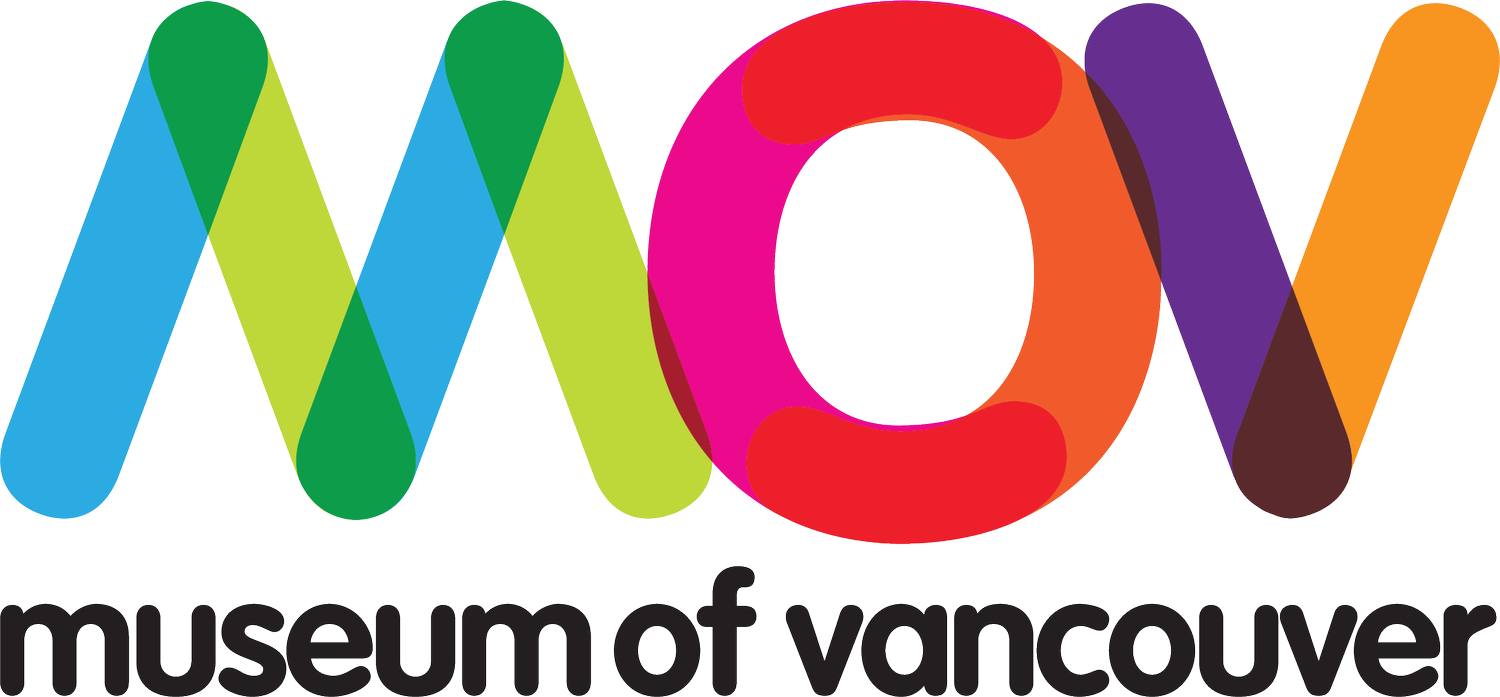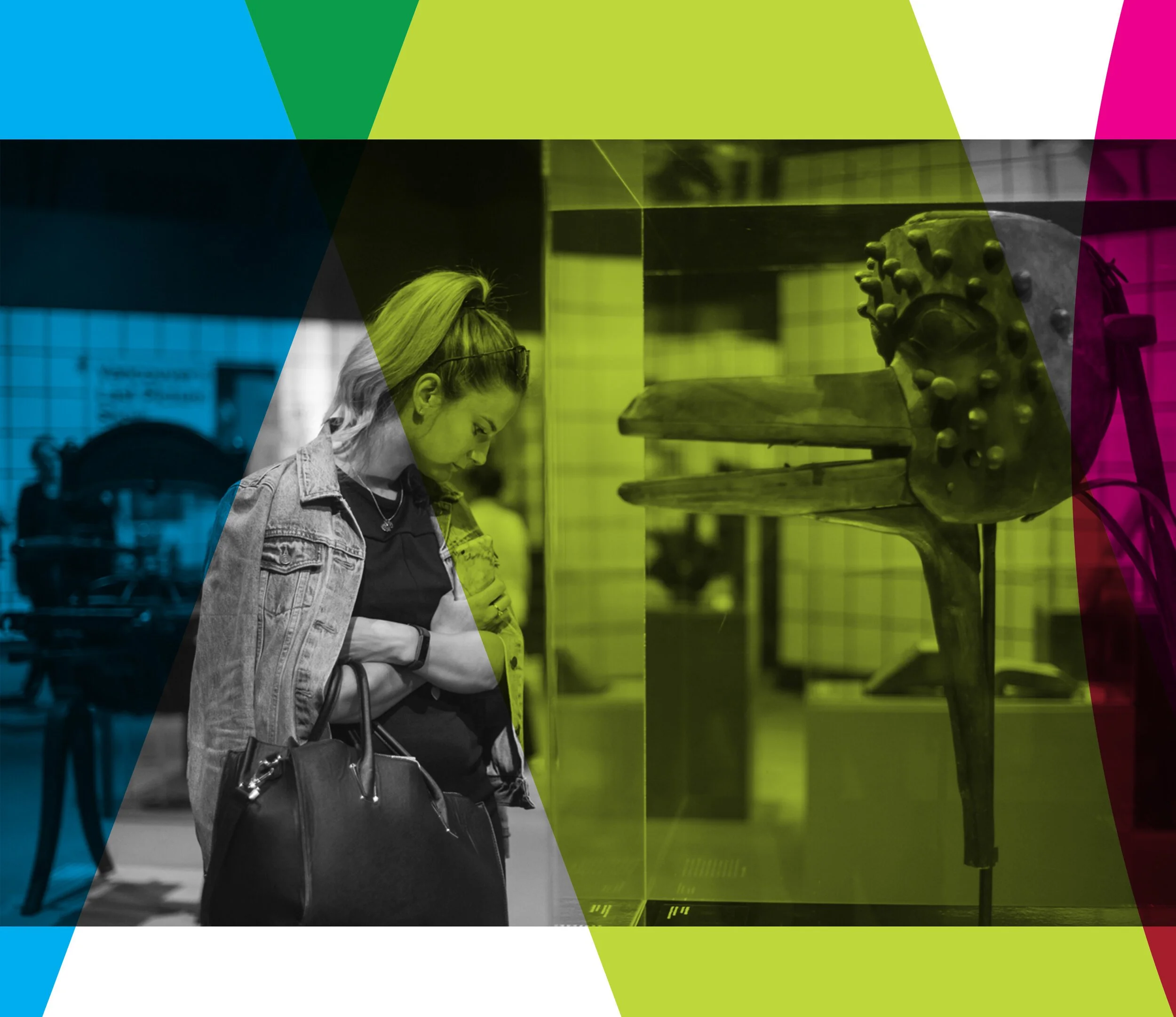SOLD OUT!
Vancouver is full of built environments that are the result of urban planning, grassroots community place-making, and sometimes a bit of both. Depending on their histories, consultation processes, and the intention behind the project, these built environments can be spaces of inclusion for some and exclusion for others.
Inspired by our exhibition with artist Yao Jui-Chung, Mirage: Disused Public Property in Taiwan, we ask: who are built environments in Vancouver for and why? What can be done to address the inequities of public space-making?
At this lunch-and-learn, two graduates of the UBC School of Architecture and Landscape Architecture (SALA) will present their research and proposals on the local urban planning process and its effects on community spaces and futures. After the presentations, political geographer Dr. Eugene McCann will lead a panel discussion along side SALA professor Young-Tack Oh.
Participants will then be broken into discussion groups led by folks who are working on the ground in grassroots placemaking initiatives for their communities.
Registration fee includes lunch and admission to the Museum galleries all day.
Date: June 29, 2024
Time: Noon-3:30pm
Schedule:
noon - Lunch
12:30pm - Presentations and Panel
2:00pm - Short Break
2:15pm - Break out discussions with community members
3:00pm - Call back to larger group discussion
3:30pm - Event ends
Tickets: $10 General Admission (Plus fees and taxes)
About the Series:
ResiStories is a collaboration between the Museum of Vancouver and the UBC Vancouver Public Humanities Hub. This series of programming aims to bring scholars of intersectional equity-seeking work and identities together in mutual learning and solidarity with communities in the public space at the city’s oldest (and initially Eurocentric) cultural institution to resist colonial narratives. Each program features ongoing histories and acts of resistance in conversation with the Museum’s exhibitions. The ResiStories series is generously funded by the UBC Strategic Equity & Anti-Racism Enhancement (StEAR) fund.
If you are having trouble using the embedded form above, please try to reserve your ticket directly on Eventbrite here.
For general inquiries regarding this event, please contact the Programming Department here.
Panelists
Hannah Roorda is a designer, researcher and tenant living in Vancouver. A desire for a more equitable city drives her research investigating anti-capitalist architecture by looking at ownership models, tenure typologies and the role of design in housing activism. She is a recent graduate of UBC and has over four years of experience working at housing firms in Ottawa, Toronto, Copenhagen and Amsterdam. Most recently, she has been working as a collaborator with Architects Against Housing Alienation, a collective of architects, activists and advocates fighting for housing equity in Canada. She spent three months at the Venice Biennale of Architecture 2023 as a student researcher furthering the campaign’s demands.
Hannah’s project, “The Irresponsible Usufructuary” investigates an anti-capitalist definition of property ownership that relies on a responsibility to the preservation and development of space that would oppose the commodification of land and housing. This concept of ownership is explored using a metaphor of molded food as a symbol of waste and exclusion: the direction of our city when left to a system where such things are left uncontrolled.
Young Tack-Oh (YT) is an architectural thinker and founding member of Archipleasure. His speculative research explicates on the marginal and overlooked occurrences in contemporary urbanism—how seemingly inconsequential things form the basis of major movements and systems—and from which subversive and more playful interventions are generated. The work consistently seeks renewed interpretations of architecture that cast more inclusive ambitions and exuberant prospects for the built environment. YT values accessibility to creative humanities to generate stewardship and debate spatial politics.
YT has been the inaugural Interdisciplinary Design Fellow at UBC, a Banham Fellow at the University at Buffalo and a Mellon Fellow in Egalitarianism and the Metropolis at University of Michigan.
Andy Grellmann is an architect-in-training, pursuing his interest in building practices as they relate to culture, repair and ecology. His practice as a photographer and furniture-maker, as well as his experience in carpentry and physical therapy informs his interdisciplinary approach to art, craft and design. He is a graduate of the Masters of Architecture program at UBC where he received the Randle and Kathryn Iredale Scholarship in Architecture for his graduating thesis. Raised by first-generation immigrant parents in Richmond, BC, he credits his mixed-race upbringing in a culturally diverse community for developing a curiosity and awareness for inter-cultural communication and relationships.
His M.Arch thesis, The Agency of Repair (2022), explored scales of repair in architecture and urbanism through the investigation of 439 Powell Street, a culturally and socially significant site once standing in the Paueru Gai Area—a historic Japanese-Canadian neighbourhood known today as Vancouver’s Downtown Eastside. The project traces the lived experience of the occupants of 439 Powell Street under decades-long social, economic and political pressures exerted through city policies, until the building’s abrupt end in 2013. The project ultimately critiques how heritage is practiced by the City: how they engage marginalized communities, how meaning of a place is measured, and who gets to make those decisions.
Andy is actively involved with the Powell Street Festival Society, a non-profit charity arts organization based in Vancouver’s Downtown Eastside, serving as a member of a Public Realm community engagement and design committee, as well as a regular volunteer for year-round events, which seek to promote equity and well-being for all. He is an Intern Architect with Principle Architecture in East Vancouver, a firm specializing in designing education and community spaces.
Moderator
Eugene McCann is a Professor of Geography and an Associate member of the Department of Sociology and Anthropology at SFU. He is an urban political geographer who researches how urban political struggles shape and are shaped by the local spaces in which they play out and by the global circulation of ideas, knowledge, agendas, models and strategies that influence visions of social justice.
He has researched public space, governance, planning and development, and urban foodscapes in several cities. He has also developed a longitudinal study (2005-present) of how, by whom, and with what social, spatial and political effects the Supervised drug Consumption Site (SCS) model of harm reduction has been circulated globally.
Eugene is co-editor, with Kevin Ward, of Mobile Urbanism: Cities & Policymaking in the Global Age (Minnesota, 2011), Cities & Social Change, with Ronan Paddison (Sage, 2014), and is co-author, with Andy Jonas and Mary Thomas, of Urban Geography: A Critical Introduction (Wiley, 2015). He has published in numerous journals, including: the Annals of the American Association of Geographers; Environment and Planning A, D, and E; the International Journal of Urban & Regional Research; Transactions of the Institute of British Geographers; Urban Geography; and Urban Studies. He is the managing editor of EPC: Politics & Space, a journal of critical research on the relations between the political and the spatial.
Community Co-Facilitators
In collaboration with




